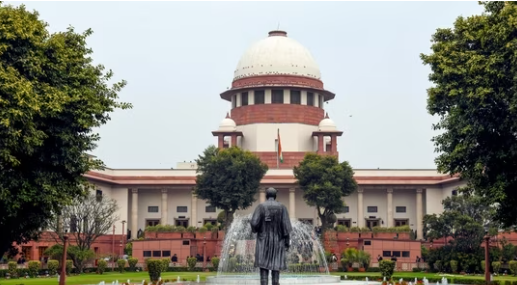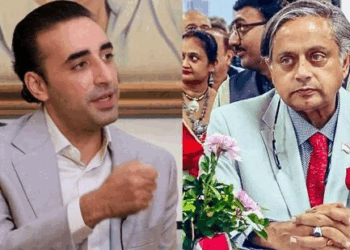In a significant departure from the long-standing legal principle of “bail rules, jail an exception,” the Supreme Court of India has underscored that this maxim does not hold sway in cases related to terrorism. The apex court’s ruling, delivered in response to a plea challenging the denial of bail to individuals accused of terror-related offences, has sparked widespread debate and garnered attention for its implications on national security measures.
The judgment, handed down by a bench comprising the Chief Justice of India and several senior justices, upholds the notion that in matters concerning terrorism, the imperative to safeguard national security supersedes the usual considerations for granting bail. Citing the inherent risks posed by terror suspects being released on bail, the court emphasized the need for stringent measures to prevent potential threats to public safety and stability.
The ruling is poised to set a new legal precedent, delineating a clear distinction between routine criminal cases and those involving acts of terrorism. While acknowledging the fundamental right to liberty enshrined in the Constitution, the court affirmed that this right must be balanced against the paramount duty of the state to protect its citizens from terrorist threats.
Critics of the decision have voiced concerns regarding its potential implications for individual rights and due process. Some legal experts caution against the erosion of constitutional safeguards in the pursuit of national security imperatives, warning that overly broad interpretations of terrorism could lead to arbitrary detention and violations of civil liberties.
Conversely, proponents of the ruling argue that the unique nature of terrorism necessitates exceptional measures to ensure public safety. They contend that judicial deference to national security considerations is both necessary and justified in the face of evolving threats posed by terrorism.
The Supreme Court’s verdict comes at a time of heightened global concern over terrorism and the proliferation of extremist ideologies. Against this backdrop, the court’s decision underscores the delicate balance between individual freedoms and collective security interests in the fight against terrorism.
As legal experts and policymakers grapple with the implications of this landmark ruling, it is likely to fuel further debate on the appropriate balance between civil liberties and national security imperatives in democratic societies confronting the scourge of terrorism.








 India
India












